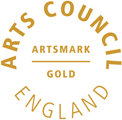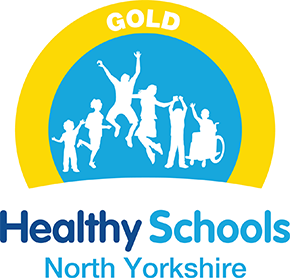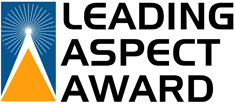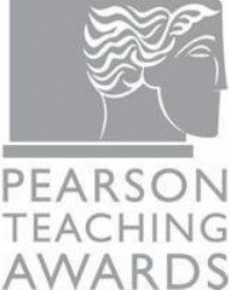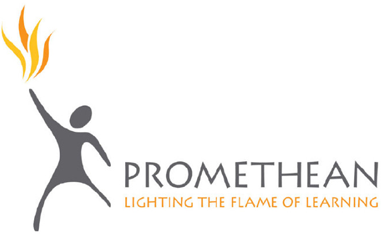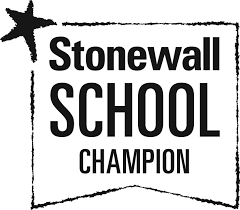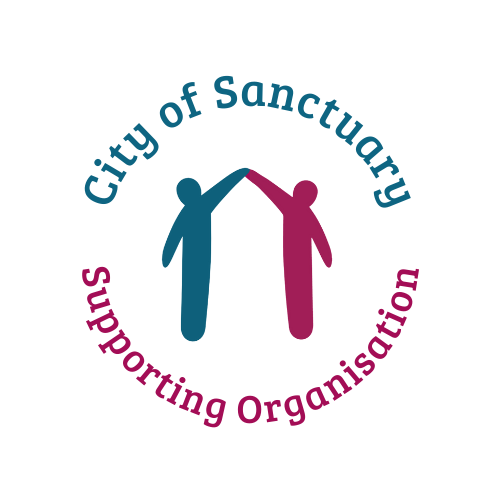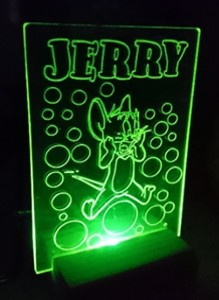 Design & Technology
Design & Technology
Name : Mr A Graham
Position : Curriculum Area Leader Design and Technology
Email address : ag@selbyhigh.co.uk
Product Design Curriculum Overview
Textiles Curriculum Overview
Food Technology Curriculum Overview
Curriculum Intent:
As a department our aims are to:
- As a Offer equal opportunities to all students.
- Achieve this by offering a broad and balanced curriculum, which allows all students to achieve their maximum potential.
- Differentiated schemes of work to match the ability, attitude and developmental level of individual students.
- Strive to stimulate a lasting interest in learning through problem solving and technological activities with a strong emphasis on practical work.
- Attempt to help students to develop their imaginations, sensitivity and creative responses through a wide range of design and make experiences.
- Provide pupils of all abilities with a range of skills that they can employ in whatever profession or career they choose.
KS3
Design and Technology is taught to all KS3 students. All students receive 2 hours of teaching for the subject per week. One hour in Food/Textiles and a further hour in Product Design. With new and challenging modules of work, equipping the students with the skills to develop, we move from project to project. With the development of skills and knowledge in all areas of Design and Technology all students are able to make good progress, set clear targets and make a smooth transition from KS3 to a specific area of DT at KS4.
| Year 7 | ||
| PRODUCT DESIGN | TEXTILES | FOOD TECHNOLOGY |
|
|
|
| Year 8 | ||
| PRODUCT DESIGN | TEXTILES | FOOD TECHNOLOGY |
All products use a range of hand tools & CAD/CAM – the laser cutter. |
|
|

KS4
| Product Design: Engineering Design | |
| Year 9 | Students will undertake 3 x projects building practical skills and independence using tools, equipment and processes. |
| Year 10 |
Students will go though a mock Controlled Assessment (CA) looking in depth at the requirements of specific tasks in their CA and manufacture a themed, bespoke quality item such as a lighting or storage product. From January students will start actual CA tasks R106 & R107. |
| Year 11 |
Students will continue with CA tasks (R108) and preparation for their externally assessed 1hr examination (R105) that will take place in January of Y11. |
| Exam Board / Course | OCR Engineering Design |
| Each Unit = 25% of work |
R105 – External Examination R106 – Product Analysis & Research R107 – Developing & Presenting Ideas R108 – Manufacturing |
| Projects |
Passive Amplifiers, Biplane, Sustainable Nest boxes, Art Deco Storage, Lighting, Portable Speakers |
| Art & Design: Textiles | |
| Year 9 |
Students will work on development of skills & techniques recorded in a portfolio looking at presentation of work. They will then use these skills to undertake a mock Controlled Assessment project. |
| Year 10 |
Students will start with a mock Controlled Assessment project. From January students will start their GCSE Controlled Assessment portfolio (Component 1). Students will also sit a mock practical exam. |
| Year 11 |
Continuation of Controlled Assessment. From January students will prepare for their practical examination (Component 2). |
| Exam Board / Course |
OCR Art & Design: Textiles |
| Components |
Component 1: Controlled Assessment Portfolio = 60% Component 2: Externally Set Practical Exam (10 hours) = 40% |
| Projects |
During KS4 students make a textile product of their choice that closely links to the design brief and artist research conducted. |
|
Food Technology |
|
| Year 9 |
We study 2 units to build skills in the run up to starting the GCSE course in Year 10. These are a unit on commodities and then on nutrients. There is a focus on theory and then linking this to practical skills. |
| Year 10 |
We spend this year completing Unit 1 of the Level 1/2 Hospitality and Catering. This includes information linked to the principles and running of hospitality and catering with links to careers, working on exam technique and continuing to build high level practical skills. Students will complete their written exam in this year. |
| Year 11 |
We complete Unit 2 controlled assessment in this year so there is a real focus on distinction level practical skills as well as content including nutrition, target markets, dietary requirements and time planning. |
| Exam Board / Course |
EDUQAS Level 1/2 Hospitality & Catering |
| Components |
Unit 1: External written exam = 40% Unit 2: Controlled Assessment = 60% |
| Projects |
A range of savoury & sweet products inc: carbonara, crispy chilli beef, paella, churros, panacotta. |


